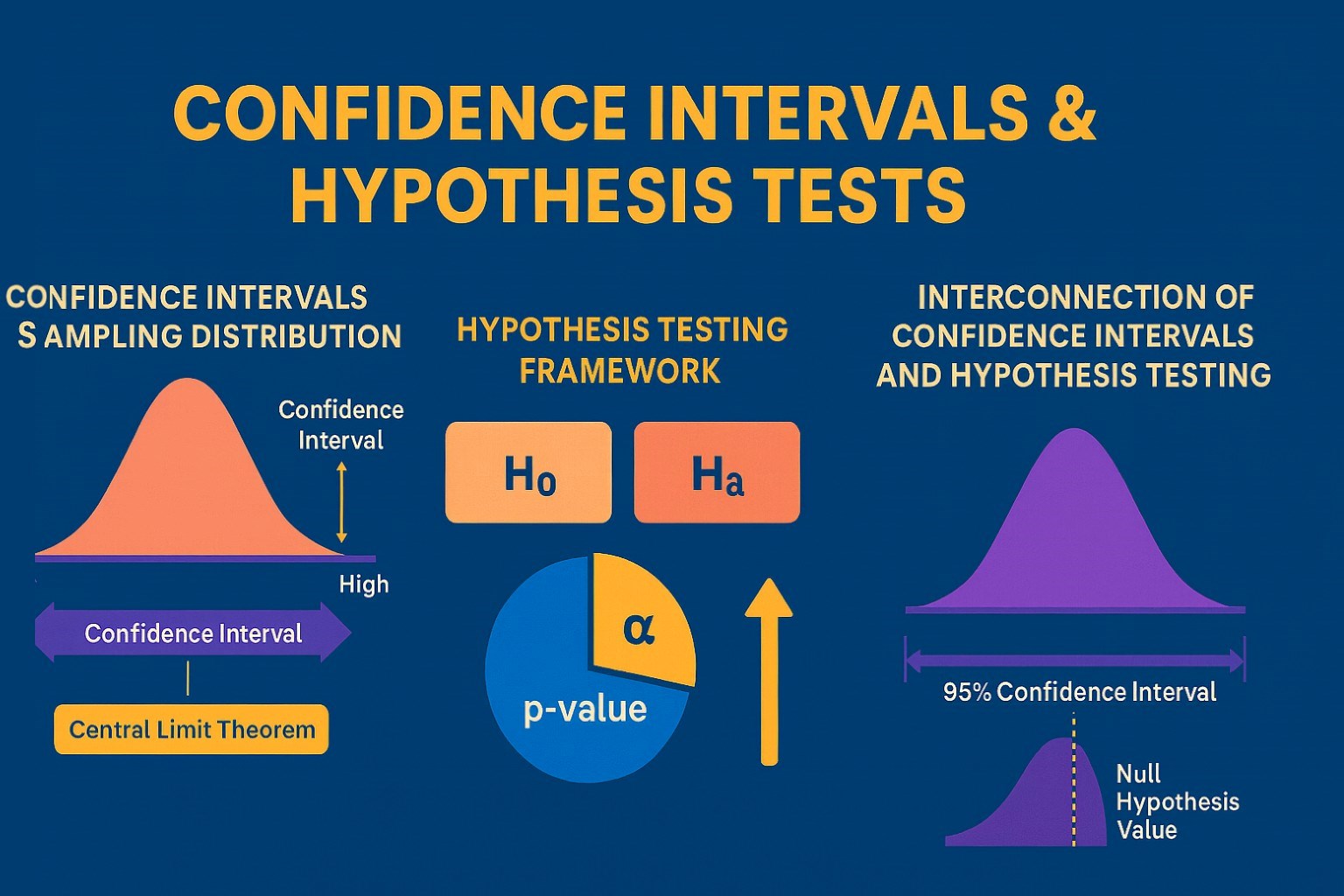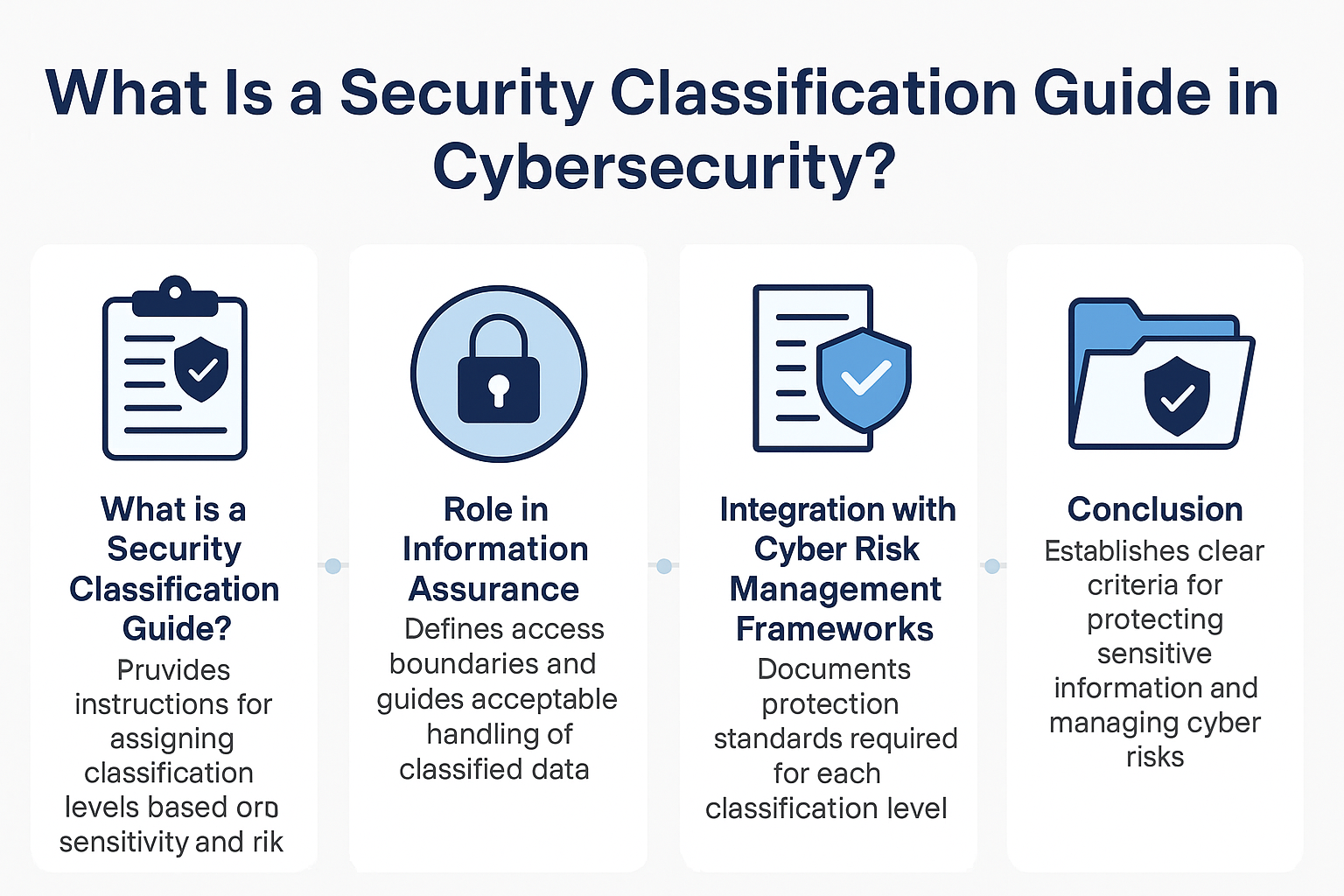Why Learn to Analyze Business Needs and Deliver Results as a Business Analyst?

Why Learn to Analyze Business Needs and Deliver Results as a Business Analyst?
In today's fast-paced business environment, the role of a Business Analyst (BA) has become more crucial than ever. Business analysts are the bridge between the company's goals and its execution. They play a pivotal role in analyzing business needs, identifying opportunities for improvement, and ensuring that the right solutions are delivered to meet those needs.
Who is Business Analytics?
Business analytics are responsible for handling vast amounts of data. Day-to-day, many top companies marginally manage around 170 terabytes of data. According to Researchgate.net, Companies in all sectors have at least 100 terabytes of stored data in the United States; many have more than 1 petabyte. According to the Teradata. Com, a terabyte is 1,000,000,000,000 bytes or 1,000 gigabytes. It has been estimated that a single TB could hold 1,000 copies of the Encyclopedia Brittanica, and 10 Terabytes could hold the entire U.S. Library of Congress printed collection.
This is why the role of business analysts is crucial to derive insightful data from the vast amount of data needed to make informed decisions. Moreover, data analytics are responsible for reducing costs and increasing efficiency by recognizing patterns and trends that could improve operations. To turn raw data into actionable insights that drive strategic and profitable decisions, organizations should first define clear objectives and collect high-quality, relevant data. Utilizing advanced analytics tools, such as predictive modeling and machine learning, alongside data visualization platforms, can help identify patterns and trends within the data.
Career opportunities in data analytics are proliferating than before. According to the BLS, Employment of data scientists is projected to grow 36 percent from 2023 to 2033, much faster than the average for all occupations. About 20,800 openings for data scientists are projected each year, on average, over the decade. This growth is due to the increase in data in every industry.
Are you a recent graduate or professional looking for a career switch, considering a BA career would be on-demanding? For those who intend to get into this field, joining BA training will aid them in acquiring skills and knowledge that resonate with business analytics and open doors to numerous opportunities and advancements in their career.
Why Learn to Analyze Business Needs and Deliver Results as a Business Analyst?
1. Understanding Business Needs
A deep understanding of business needs is at the core of every successful project. A Business Analyst helps define and interpret these needs clearly, ensuring that solutions are aligned with organizational goals. By leveraging business analysis techniques, the business analyst provides the right problems that are identified and addressed through effective requirements gathering. This clear understanding of business needs is essential for solution delivery and process improvement.
2. Problem Solving and Critical Thinking
A business analyst must be skilled in problem-solving and critical thinking to identify the root causes of issues and find practical, effective solutions. This skill set helps evaluate different options and make informed decisions to ensure that the proposed solutions truly address the core business problems, leading to better decision-making.
3. Stakeholder Engagement
Effective stakeholder engagement is key to ensuring that the solutions being developed meet the needs of everyone involved. A business analyst collaborates with stakeholders to understand their requirements, manage expectations, and foster clear communication. Building strong stakeholder relationships ensures that the business solutions delivered are relevant and feasible.
4. Data Analysis and Strategic Thinking
A business analyst uses data analysis to assess current business conditions and identify areas for improvement. By applying strategic thinking, they can interpret data to predict trends, guide decisions, and propose initiatives that support long-term business goals. Using data effectively is vital in ensuring the solution delivery meets current and future needs.
5. Requirements Gathering and Solution Delivery
Requirements gathering is a foundational step in the business analysis process, ensuring that the project team clearly understands what needs to be achieved. Once requirements are gathered, a business analyst oversees solution delivery to ensure that the solutions are implemented correctly and efficiently, meeting all business needs.
6. Process Improvement and Project Management
A key responsibility of the business analyst is identifying opportunities for process improvement. Analyzing existing workflows and recommending changes help organizations operate more efficiently. Strong project management skills ensure the upgrades are executed on time and within budget.
7. Decision-Making and Delivering Results
In their role, a business analyst uses decision-making skills to evaluate potential solutions and choose the best course of action. The ultimate goal is to deliver results that align with the organization's objectives, ensuring that implemented changes bring measurable business benefits.
Conclusion
In summary, learning to analyze business needs and deliver results as a business analyst is essential for anyone aiming to make a meaningful impact in today's business world. By mastering these skills, you ensure that your organization meets its goals efficiently and open doors to personal growth, career advancement, and long-term success.
Find a course provider to learn BA
Java training | J2EE training | J2EE Jboss training | Apache JMeter trainingTake the next step towards your professional goals in BA
Don't hesitate to talk with our course advisor right now
Receive a call
Contact NowMake a call
+1-732-338-7323Take our FREE Skill Assessment Test to discover your strengths and earn a certificate upon completion.
Enroll for the next batch
Business Analysis Hands-on Training with Job Placement
- Nov 10 2025
- Online
Business Analysis Hands-on Training with Job Placement
- Nov 11 2025
- Online
Business Analysis Hands-on Training with Job Placement
- Nov 12 2025
- Online
Business Analysis Hands-on Training with Job Placement
- Nov 13 2025
- Online
Business Analysis Hands-on Training with Job Placement
- Nov 14 2025
- Online
Related blogs on BA to learn more

What is the importance of acquiring business requirement skills in a BA course?
Learn the technical and non-technical skills required for Business Analysts, and how Sulekha's comprehensive BA course equips you to excel in today's competitive market.

Is Business Analyst a High-Paying Job? Top Hiring Companies
Learn about the high-paying Business Analyst role, with insights on salary, job growth, top companies hiring, and how to get started in this thriving field.

Importance of data-driven decision-making in organizations
Discover the importance of data-driven decision-making in organizations, including a 6-step process to collect, analyze, and act on data to drive business success.

What is Business Mathematics?
Explore the essential role of Business Mathematics in solving financial, operational, and marketing challenges across various industries, enhancing decision-making and efficiency.

What is Microeconomics?
Explore microeconomics, the study of individual and firm decisions on resource allocation, pricing, and market behavior. Learn about key concepts like supply, demand, and equilibrium.

What is Business?
Explore the essential concepts of business, from its characteristics and types to its role in the economy. Gain insights into different business structures and their significance.

What is business communication?
Learn about business communication, its types, objectives, and essential aspects to enhance workplace communication. Discover effective strategies for sharing information within and outside your organization.

What Is a Business Analyst? A comprehensive guide
What is a Business Analyst? - A comprehensive guide exploring the role of a business analyst

Why is it important to utilize both planning and analytical skill together?
Effective decision-making requires combining planning and analytical skills to gather insights, prioritize goals, and make informed strategic choices.

Is it possible to manage changes to requirements and designs?
Learn how to effectively manage changes to requirements and designs using a structured process that ensures stakeholder alignment and minimizes project disruptions.
Latest blogs on technology to explore

Cyber Security in 2025: The Golden Ticket to a Future-Proof Career
Cyber security jobs are growing 35% faster than any other tech field (U.S. Bureau of Labor Statistics, 2024)—and the average salary is $100,000+ per year! In a world where data breaches cost businesses $4.45 million on average (IBM, 2024), cyber secu

SAP SD in 2025: Your Ticket to a High-Flying IT Career
In the fast-paced world of IT and enterprise software, SAP SD (Sales and Distribution) is the secret sauce that keeps businesses running smoothly. Whether it’s managing customer orders, pricing, shipping, or billing, SAP SD is the backbone of sales o

SAP FICO in 2025: Salary, Jobs & How to Get Certified
AP FICO professionals earn $90,000–$130,000/year in the USA and Canada—and demand is skyrocketing! If you’re eyeing a future-proof IT career, SAP FICO (Financial Accounting & Controlling) is your golden ticket. But where do you start? Sulekha IT Serv

Train Like an AI Engineer: The Smartest Career Move You’ll Make This Year!
Why AI Engineering Is the Hottest Skillset Right Now From self-driving cars to chatbots that sound eerily human, Artificial Intelligence is no longer science fiction — it’s the backbone of modern tech. And guess what? Companies across the USA and Can

Confidence Intervals & Hypothesis Tests: The Data Science Path to Generalization
Learn how confidence intervals and hypothesis tests turn sample data into reliable population insights in data science. Understand CLT, p-values, and significance to generalize results, quantify uncertainty, and make evidence-based decisions.

What Is a Security Classification Guide in Cybersecurity?
A Security Classification Guide (SCG) defines how to categorize information assets by sensitivity, with clear instructions from authorized officials to ensure consistent, compliant data handling.

Artificial Intelligence – Field of Study
Explore how Artificial Intelligence blends Machine Learning, Deep Learning, NLP, and Computer Vision to build intelligent systems that learn, reason, and decide. Discover real world applications, ethics, and booming career scope as AI education deman

Understanding Artificial Intelligence: Hype, Reality, and the Road Ahead
Explore the reality of Artificial Intelligence (AI) — its impact, how it works, and its potential risks. Understand AI's benefits, challenges, and how to navigate its role in shaping industries and everyday life with expert training programs

How Much Do Healthcare Administrators Make?
Discover how much healthcare administrators make, the importance of healthcare, career opportunities, and potential job roles. Learn about salary ranges, career growth, and training programs with Sulekha to kickstart your healthcare administration jo

How to Gain the High-Income Skills Employers Are Looking For?
Discover top high-income skills like software development, data analysis, AI, and project management that employers seek. Learn key skills and growth opportunities to boost your career.